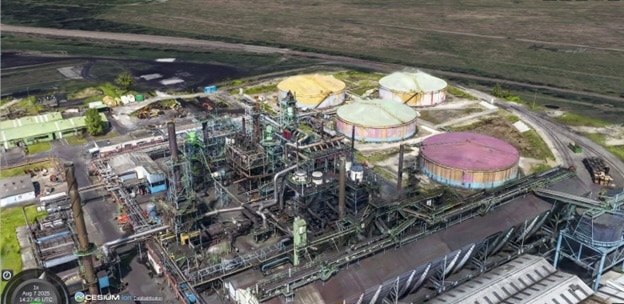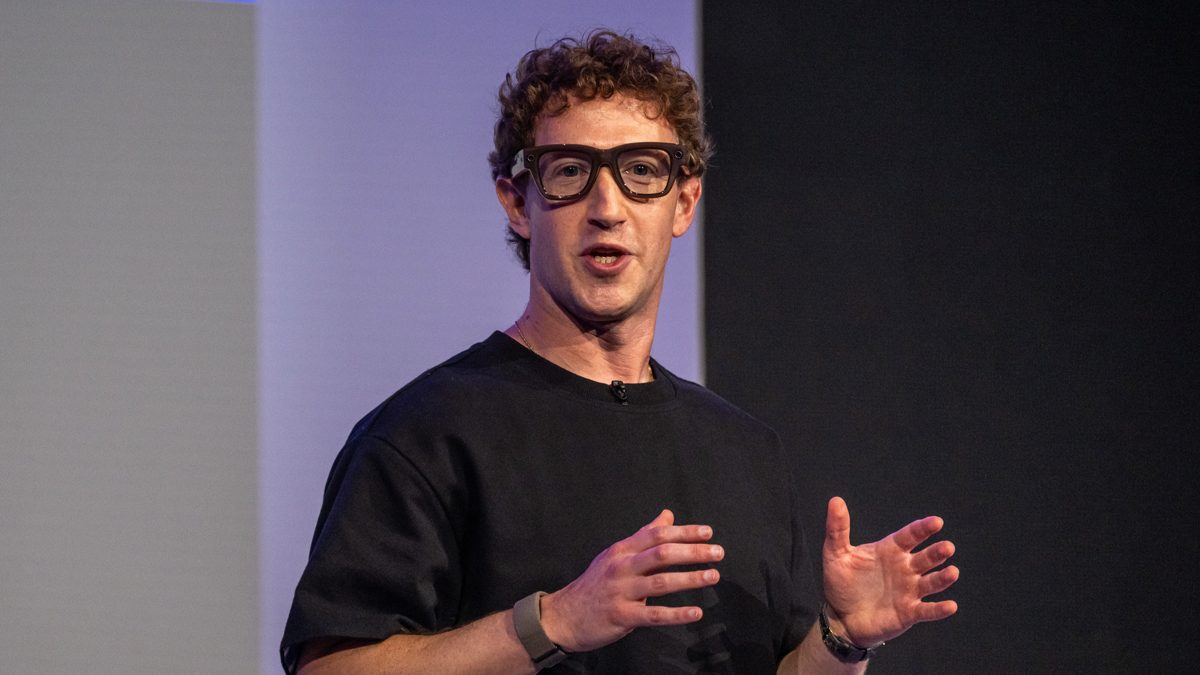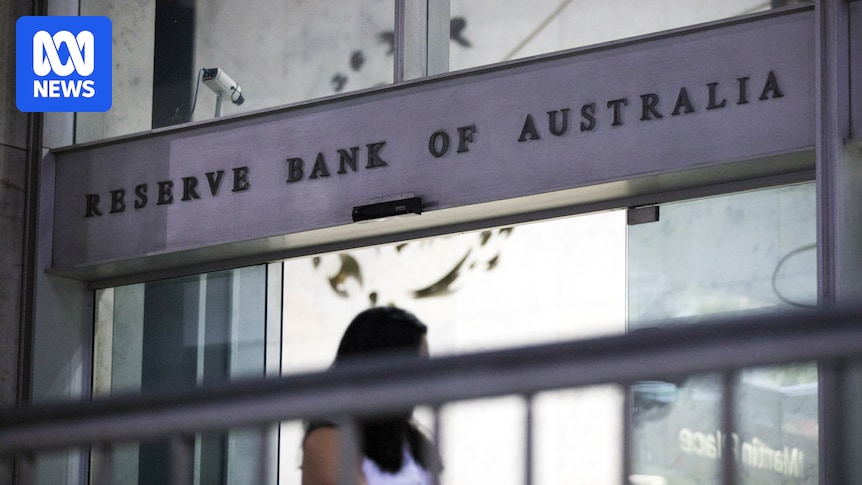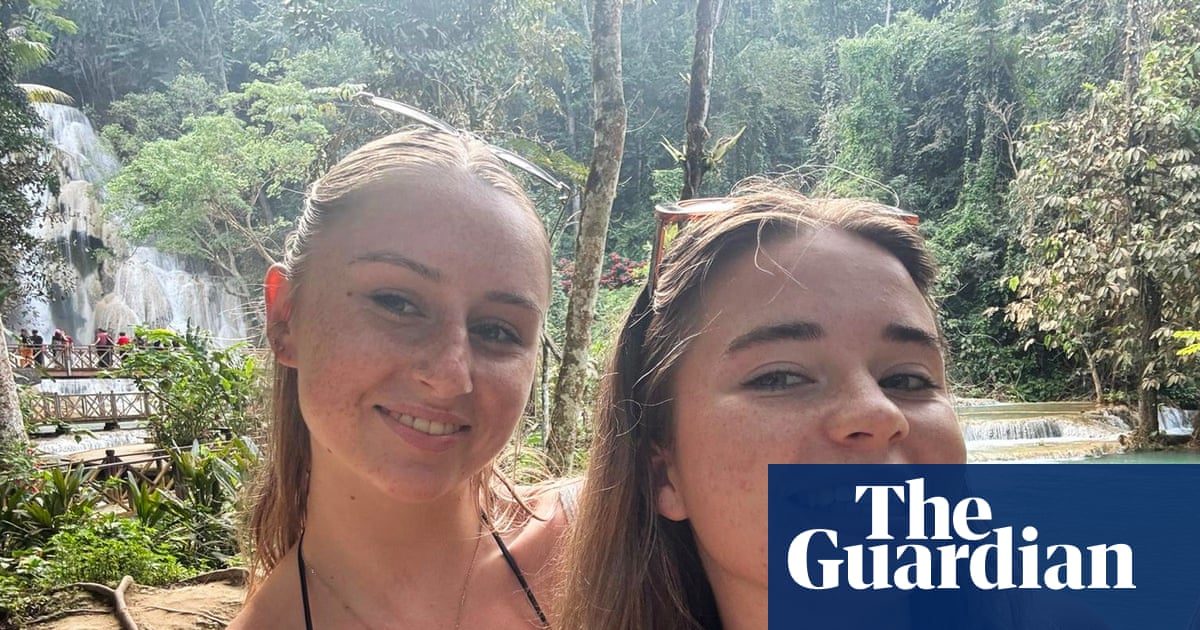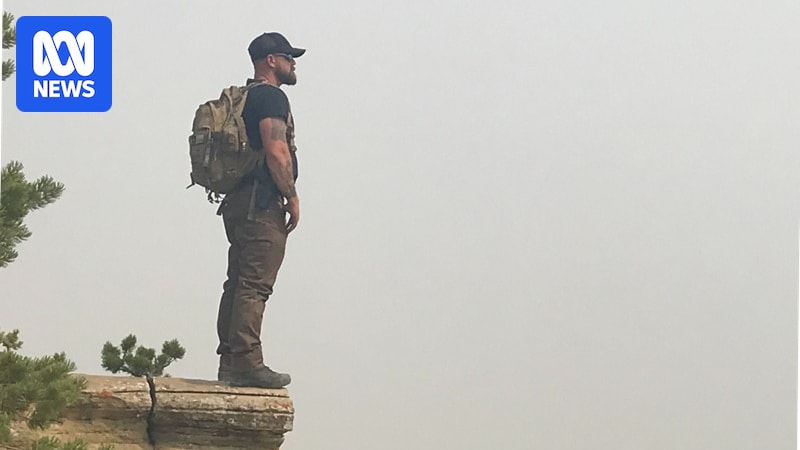
The American security contractor Michael Reynolds recently listed his new employer as “confidential” but shared details of his work online, describing it as a “US-Israel partnership.” According to his LinkedIn profile, Reynolds previously held a senior role with an organization labeled as an “anti-government extremist organization” by a prominent US civil rights legal center. In May, Reynolds became a security contractor for a “humanitarian aid program” in Gaza, identified as the Gaza Humanitarian Foundation (GHF), which has become the primary aid provider to the region’s 2.1 million residents.
The GHF, backed by the US and Israel, has replaced the United Nations in delivering aid to Gaza, where half a million people are on the brink of famine, according to the World Food Programme. The aid distribution by GHF has been criticized for its “first come, first served” approach, which has led to deadly encounters with the Israel Defense Forces (IDF). The United Nations reports that nearly 800 people were killed near GHF sites in the first eight weeks of operation.
Concerns Over Militarization and Extremist Links
Critics argue that the GHF’s operations, involving security firms UG Solutions and Safe Reach Solutions, have militarized aid delivery, raising concerns about the safety and impartiality of the process. Anthony Aguilar, a former UG Solutions contractor, alleged witnessing war crimes by IDF soldiers at GHF sites, claims that both UG Solutions and GHF have denied.
Reynolds’s past affiliation with Mayhem Solutions Group, an organization linked to the hard right of the MAGA movement and labeled as an “anti-government extremist organization” by the Southern Poverty Law Centre (SPLC), adds to the controversy. The SPLC has long monitored extremist groups and draws parallels between Mayhem and militias like the Oath Keepers, whose leader was jailed for seditious conspiracy.
International and Local Reactions
The secrecy surrounding GHF’s funding and operations has drawn international scrutiny. Australian lawyer Chris Sidoti, co-chair of the UN Commission of Inquiry into the Occupied Palestinian Territory and Israel, expressed suspicions about GHF’s true purpose, citing its opaque origins and funding sources.
Locally, individuals like Sami Muamar, a Palestinian-born educator in Brisbane, have opted to support their families through black-market purchases rather than risk visiting GHF aid sites. Muamar sends money to his family in southern Gaza to buy food at inflated prices, emphasizing the danger of GHF sites.
US Congressional Concerns
US Congress members have raised alarms about the “militarization” of aid, questioning GHF’s lack of humanitarian experience and its collaboration with military forces. An internal US government analysis reportedly found no evidence of Hamas profiteering from US aid, a finding contested by the White House.
Democrat lawmakers have demanded an investigation into GHF, citing the exorbitant costs of its operations compared to experienced humanitarian organizations. They stress the need for full disclosure of GHF’s funding and operations.
Implications and Future Prospects
The controversy surrounding GHF underscores the complexities of delivering humanitarian aid in conflict zones, where political and military interests often intersect. Mohamed Duar of Amnesty International Australia warns that GHF’s operations could result in more deaths from starvation than from bombardment, highlighting the urgent need for impartial and independent aid delivery.
The ongoing scrutiny of GHF’s operations and affiliations raises questions about the foundation’s future role in Gaza and the broader implications for international aid efforts in conflict regions. As calls for transparency and accountability grow, the international community will be watching closely to see how these issues are addressed.

